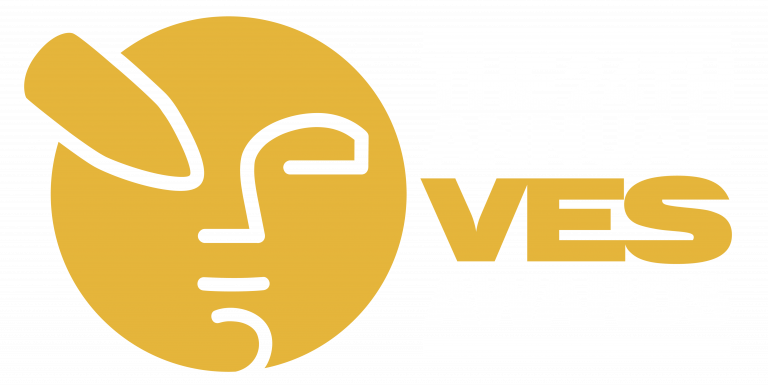
License Allows Use of Copyrighted Materials, With Compensation
Amidst allegations of AI companies using artists’ copyrighted work without their consent to train generative AI models, Swedish music rights organization STIM creates a license for AI model trainers that requires its holders to train from copyrighted music legally, so long as they pay songwriters and composers. The license would also require large social media and streaming companies to track AI-generated outputs for honesty and payment tracking.

Industry Impact
“We show that it is possible to embrace disruption without undermining human creativity. This is not just a commercial initiative but a blueprint for fair compensation and legal certainty for AI firms,” said STIM CEO Lina Heyman. The tool will help AI firms to avoid copyright lawsuits and could provide some amount of income to artists whose work they access. It’s a small step towards offsetting the impact of AI on creative workers; in the music industry alone, the International Confederation of Societies of Authors and Composers predicts that artists could see their income reduced by 24% in just three years due to generative AI. That same year, AI music could bring in as much as $17 billion annually.

Sweden at the Forefront of Uncharted Tools
Swedish startup Songfox, a program that allows people to AI-generate songs legally, will be the first company to receive the license. Swedish nonprofits like STIM, which represents over 100,000 songwriters, have been responsible for many of the current standards for generative AI ethics on social media and music platforms. Only time will tell how effective these safeguards will be in protecting the income and livelihoods of human artists, and the creative integrity of their industries.








